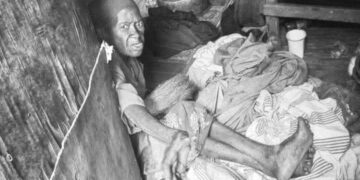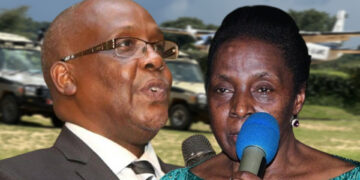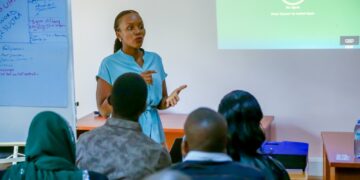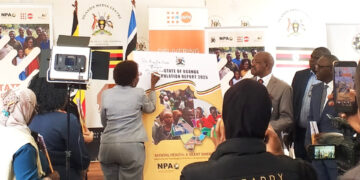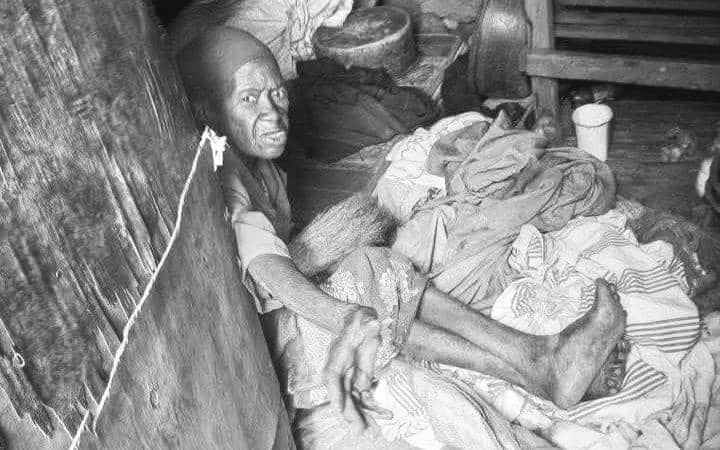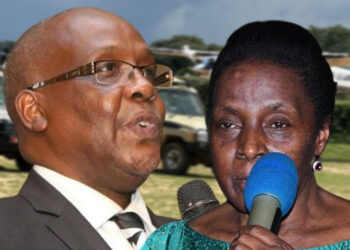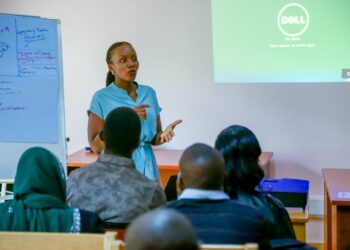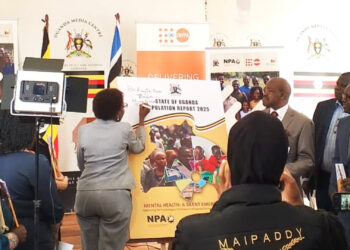By Leonard Kamugisha Akida,
KAMPALA
As Uganda commemorates the World Elderly Abuse Awareness Day, alarming data reveals that a growing number of older persons in the country face abuse, often from within their own families.
Older women, especially those over 70 years, are disproportionately affected, often accused of witchcraft, leading to physical attacks, banishment, or even death.
This was revealed by Gidudu Mafabi, State Minister for Elderly Affairs under the Ministry of Gender, Labour and Social Development while addressing journalists at the Uganda Media Centre on Wednesday.
Marked annually on June 15th, Uganda postponed this year’s national celebrations to June 20th, under the global theme “Strengthening Coordination to End Elderly Abuse.” National celebrations are being held at KCCA Grounds in Kampala.
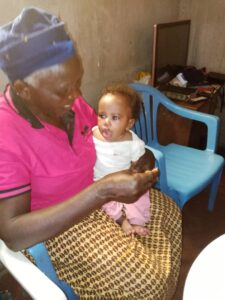
According to Mafabi, abuse of the older persons increases threat to their health, dignity, and rights.
“Abuse of older persons is a global social challenge that demands urgent attention,” said Hon. Gidudu Mafabi. “Protecting our elderly is not a choice, it is a duty that all Ugandans must uphold to ensure a dignified future for all.”
The Uganda Bureau of Statistics (UBOS) 2021 report, 84% of elder abuse cases occur within the home, with relatives as the primary perpetrators. Shockingly, 31% of victims reported abuse by extended family, while 28% pointed to their own children. Older women, especially those over 70 years, are disproportionately affected, often accused of witchcraft, leading to physical attacks, banishment, or even death.
The report also showed that 38% of older women experienced abuse at least once in the past year, while 30% were abused between three to five times. Forms of abuse include physical assault, sexual violence, emotional abuse, neglect, and financial exploitation.
“Many suffer in silence due to fear, shame, or lack of access to justice,” said Gidudu.
Additionally, the minister raised concerns over the fast growing Uganda’s ageing population. The 2024 national census puts the number of persons aged 60 and above at 2.4 million, constituting 5% of the total population. With improved life expectancy, the elderly demographic is expected to grow, increasing demand for social protection and healthcare services.
“As our population ages, so must our policies evolve to ensure older persons are not left behind, abused, or ignored,” Minister Gidudu emphasized.
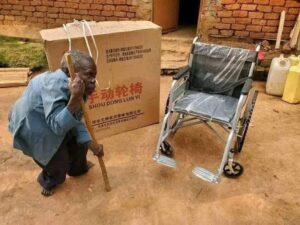 He also highlighted the government interventions to address challenges facing the elderly population in Uganda such as implementation of social protection initiatives like SAGE, PDM, aimed at securing the rights and welfare of older persons. Others include revision of national policy for older persons, which prioritizes the elimination of elder abuse, establishment of the National Council for Older Persons Act, 2013, which provides a legal platform for older persons to engage in governance and decision-making, among others.
He also highlighted the government interventions to address challenges facing the elderly population in Uganda such as implementation of social protection initiatives like SAGE, PDM, aimed at securing the rights and welfare of older persons. Others include revision of national policy for older persons, which prioritizes the elimination of elder abuse, establishment of the National Council for Older Persons Act, 2013, which provides a legal platform for older persons to engage in governance and decision-making, among others.
Despite these interventions, the minister said there is still a need for collective efforts to protect the older persons in communities against abuses. He appealed to the public including local leaders, families, civil society, and development partners to take a stand against elder abuse.
“Our parents and grandparents deserve to age with dignity. As we commemorate this day, let us commit to ending abuse, neglect, and violence against them,” said Gidudu.
However, elderly caregivers are calling for policy reviews, dialogue and community outreach programs aimed at promoting the safety and well-being of Uganda’s senior citizens.
